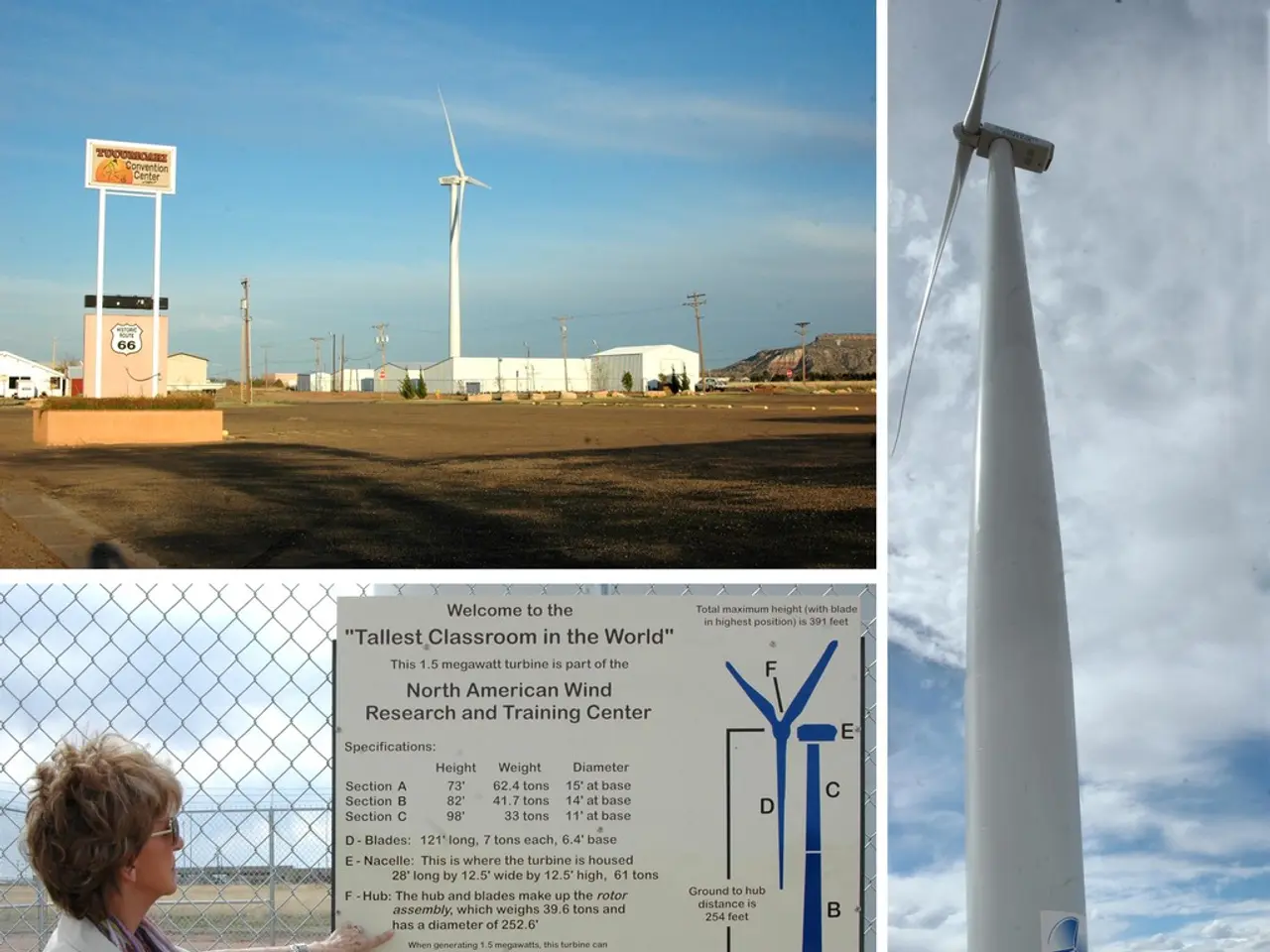Techniques for Enhancing Your Flexibility and Adaptation
In today's rapidly changing world, adaptability has become a crucial skill for navigating uncertainty and achieving success. Adaptability skills, the ability to adjust to new situations, learn from challenges, and remain calm in the face of uncertainty, are essential for personal growth, career success, and thriving in the ever-evolving landscape of the workplace.
Practicing self-regulation ensures that individuals can navigate ambiguity without being overwhelmed, fostering resilience and adaptability. Mindfulness promotes a calm and collected approach, enabling effective problem-solving in the face of uncertainty. By embracing change and adopting a growth mindset, we can transform challenges into opportunities for growth and learning.
Here are some practical tips for improving adaptability skills in both personal and professional life:
- Accept and Embrace Change: Recognize that change is inevitable, and proactively work toward accepting it rather than resisting. Look for opportunities within new situations and focus on what you can learn from them.
- Develop a Growth Mindset: View challenges as opportunities to grow, emphasize continuous learning, and practice self-compassion when facing setbacks.
- Practice Mindfulness and Self-Reflection: Regular meditation, journaling, and self-reflection help you become more aware of your thoughts and emotions, improving your calmness and rationality during change.
- Sharpen Problem-Solving Skills: Break down complex problems into manageable steps, seek diverse perspectives, and learn from past experiences to handle unexpected challenges more effectively.
- Build a Support Network: Cultivate relationships with colleagues, friends, and family who provide encouragement and feedback, and seek to expand your network for broader support during transitions.
- Stay Curious and Embrace Lifelong Learning: Keep updating your skills by following trends, taking courses, and developing transferable skills like communication and critical thinking.
- Question Your Assumptions: Regularly reassess your beliefs and processes, and be open to altering your approach based on new information or feedback.
By incorporating these strategies, you can reduce stress related to change, increase your resilience, and respond to evolving demands with flexibility and confidence both personally and professionally. Adaptability skills are not limited to specific industries but are applicable across all sectors.
Adaptable individuals respond to unexpected challenges with grace, maintaining composure and focusing on finding solutions. Embracing curiosity and experimentation encourages the exploration of innovative solutions to problems. Interdisciplinary learning in education broadens students' perspectives, fostering a more holistic understanding of various concepts.
Encouraging continuous learning in education instills a mindset that values learning as a lifelong pursuit. Teaching resilience in education is essential for developing students' mental fortitude needed to navigate uncertainties. Promoting self-regulation in education involves teaching students to manage their emotions effectively.
In the workplace, adaptability goes hand-in-hand with a problem-solving mentality, ensuring a smoother transition through periods of change. Leaving one's ego behind in the workplace means being open to learning from others. Communicating effectively in the workplace involves listening to others and learning from their advice.
Practicing mindfulness in the workplace cultivates self-awareness and emotional regulation. Improving problem-solving skills in the workplace includes developing creative thinking and problem-solving strategies. Keeping an open mind in the workplace involves being open to new ideas, perspectives, and opportunities.
Dispelling the fear of failure in education creates an environment where students feel safe taking risks, making mistakes, and viewing failure as an opportunity for growth. The ability to swiftly adapt to new circumstances is a key component of adaptability skills, ensuring effective responses to evolving market conditions.
Adaptability involves handling change with optimism, contributing to a positive work environment and fostering resilience among colleagues. Examples of adaptability skills include communication, problem-solving, quick learning, organizational skills, decision-making, resourcefulness, leadership, stress management, and embracing new opportunities.
Enhancing adaptability skills requires a commitment to continuous learning and skill development. It's a journey, not a destination, and with intentional efforts such as continuous learning and problem-solving exercises, adaptability can be cultivated and improved over time.
- With a growth mindset, we can view personal growth as a journey of continuous learning and self-improvement.
- Developing resilience is vital for effective stress management during times of change and uncertainty.
- Regular mindfulness practice helps in maintaining focus and emotional regulation, enhancing productivity in both personal and professional life.
- Personal development can be aided by fostering a mindset that emphasizes personal growth, learning, and improved well-being.
- Effective career development necessitates adaptability skills, allowing individuals to adjust to the demands of their jobs and industries.
- Online education platforms offer opportunities for continuous learning and skills training, essential for adaptability in today's rapidly changing world.
- Job search strategies, like goal-setting and networking, can benefit from an understanding of adaptability skills, increasing one's marketability.
- Creating a balance between work and life is crucial for overall well-being and maintaining a focus on personal growth.
- Developing mindfulness skills can help individuals to make better decisions, promoting a more efficient and productive workflow.
- Lifelong learning encourages the adoption of a growth mindset, fostering adaptability and perpetual self-improvement.




